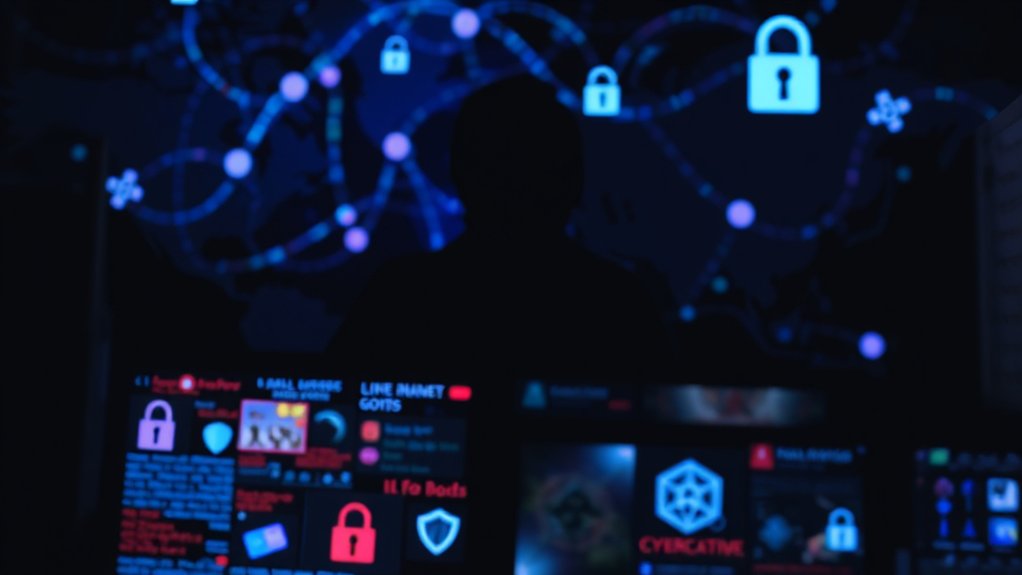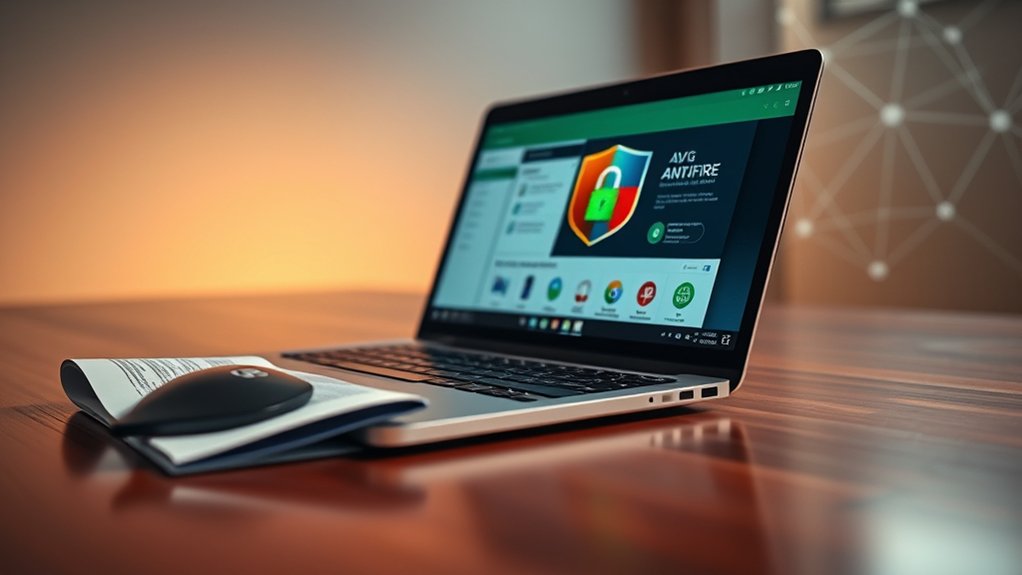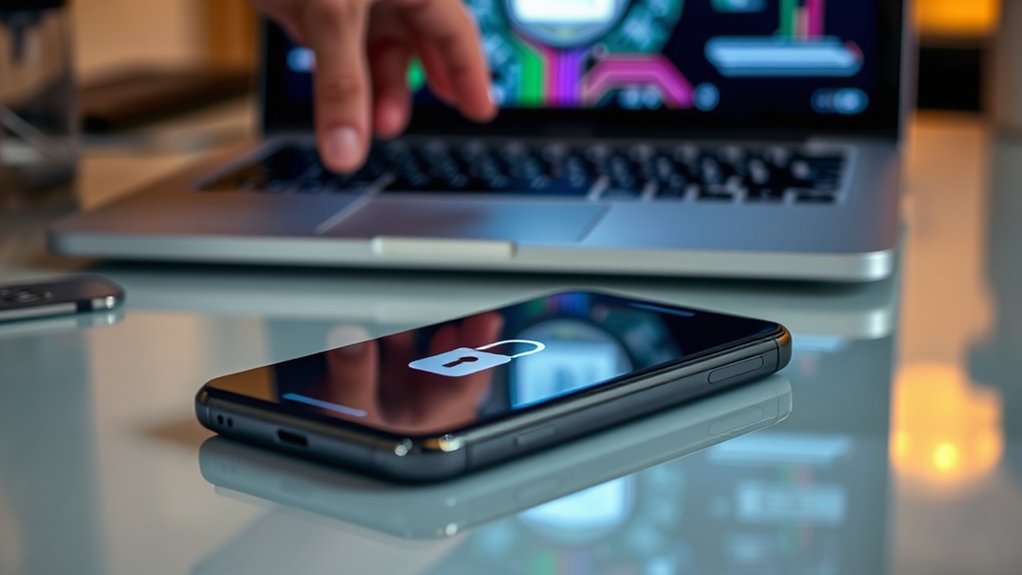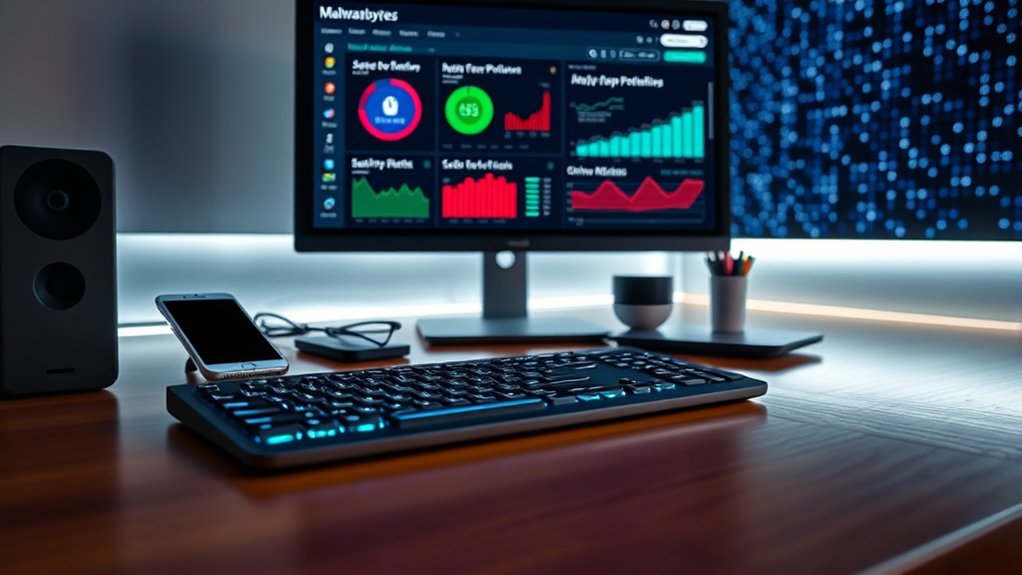To prevent phone tracking, individuals should implement several privacy measures. First, they can utilize VPN services to encrypt internet traffic and mask IP addresses, enhancing anonymity. Additionally, managing app permissions is essential; users should routinely evaluate and restrict access to sensitive data. Regularly updating operating systems and applications protects against vulnerabilities. Disabling unnecessary location services, adjusting privacy settings, and enabling two-factor authentication will further secure devices. For a thorough understanding of these strategies, further details are available.
As the prevalence of smartphones continues to rise, concerns surrounding privacy and phone tracking have become increasingly critical. Individuals seek effective strategies to mitigate these risks as their devices become conduits for personal data. One recommended approach is utilizing Virtual Private Networks (VPNs), which can encrypt internet traffic and mask IP addresses, ultimately enhancing online anonymity. Remarkably, providers like NordVPN offer integrated Threat Protection features that guard against malicious websites, while strong server networks across multiple countries guarantee extensive coverage for users. Phones are tracked daily for various non-nefarious purposes, which highlights the importance of understanding tracking mechanisms to effectively combat them. Additionally, users should actively monitor app permissions to ensure that only necessary applications can access their sensitive data to further reduce the risk of tracking.
As smartphone usage grows, so do privacy concerns; employing VPNs can significantly enhance online anonymity and safeguard personal data.
Another important step involves managing app permissions effectively. Users are advised to uninstall suspicious or unused applications that may compromise their privacy. By routinely monitoring app permissions to restrict unnecessary access to personal data, individuals can minimize their exposure to tracking threats. Consistently updating your operating system and applications is also critical for securing devices against vulnerabilities that could be exploited by trackers.
Moreover, keeping applications updated is crucial for patching security vulnerabilities, thereby enhancing overall protection.
Network security also plays a pivotal role in safeguarding devices from unwanted tracking. Utilizing secure networks and avoiding public Wi-Fi can considerably reduce vulnerabilities. In addition, enabling two-factor authentication and regularly updating devices fortifies their defenses.
Disabling Bluetooth and Wi-Fi when not in use prevents unauthorized access, while antivirus software can act as a defensive layer against malware.
To protect location data particularly, users should consider disabling Location Services when not necessary. By reviewing and adjusting settings, they can control which apps have location tracking privileges.
Regularly deleting location history and managing Google’s Web and App Activity settings contribute to maintaining privacy norms.
Moreover, adjusting privacy settings on devices is fundamental. Users should disable personalized ads on both Apple and Android platforms while utilizing secure browsers that incorporate anti-tracking features. Browsers like Brave or DuckDuckGo promote greater privacy by providing ad-blocking capabilities and encryption.
Frequently Asked Questions
What Apps Can Help Me Detect Phone Tracking?
Numerous applications exist to aid in detecting phone tracking. Notable examples include Tracker Detect and Detectify, which effectively identify hidden GPS devices.
Privacy Pro and Little Snitch focus on analyzing app permissions, targeting potential tracking risks. Additionally, using VPNs improves privacy by masking location data.
Meanwhile, these solutions provide valuable insights, users should remain cautious of limitations, including false positives and the potential presence of undetectable trackers, warranting additional manual checks.
Can a Phone Be Tracked Without an Internet Connection?
A phone can surely be tracked without an internet connection through several methods.
GPS tracking relies on satellite signals, and Bluetooth Low Energy (BLE) utilizes nearby devices. Moreover, the device’s SIM card can estimate location via cell tower connections.
Although these methods may lack precision and range, they offer alternatives to internet-based tracking.
Technologies such as Assisted GPS improve accuracy by combining multiple sources, though limitations remain based on regional capabilities and hardware requirements.
How Can I Tell if My Phone Is Being Tracked?
To identify potential phone tracking, users should observe specific indicators. Increased battery drain, data usage spikes, and performance issues often signify monitoring software.
Unusual phone behaviors, such as random app activity or unexpected reboots, warrant attention. Monitoring camera or microphone indicators can likewise reveal unauthorized access.
Experts recommend conducting regular security scans and scrutinizing installed applications for abnormal permissions to mitigate risks associated with spyware and unauthorized tracking.
What Are the Legal Implications of Tracking Someone’s Phone?
The legal implications of tracking someone’s phone are significant. Tracking typically necessitates explicit consent, under laws such as the Electronic Communications Privacy Act.
Unauthorized tracking can incur fines exceeding $10,000 per offense, in addition to possible jail sentences of up to five years. Law enforcement requires a warrant for surveillance, whereas cases of parental or employee monitoring may have defined legal allowances.
Violations can likewise result in civil lawsuits and reputational damage for organizations involved.
Can Tracking Be Avoided Entirely With Specific Phone Models?
Tracking cannot be entirely avoided with specific phone models.
Experts indicate that both Android and iOS devices possess inherent vulnerabilities because of network and GPS functionalities.
Research shows that although disabling location services and restricting app permissions can mitigate some tracking risks, complete prevention remains unattainable.
According to cybersecurity specialists, maintaining regular OS updates and utilizing VPNs are prudent strategies, though they do not guarantee immunity from all tracking attempts.









